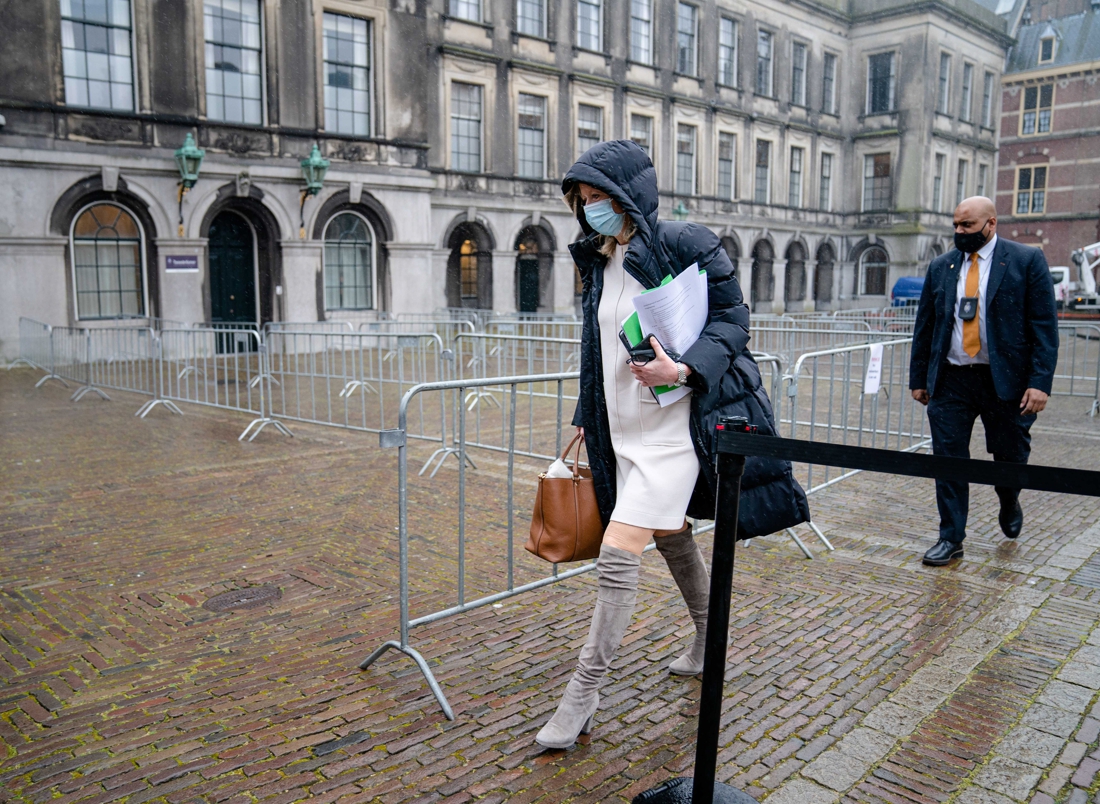The common cold could provide some measure of protection against COVID-19 infection, and that could explain why children are less likely to show severe symptoms when infected with COVID-19, scientists from Glasgow believe.
Research has shown that human rhinovirus, the virus that causes the common cold, causes an innate immune response that appears to block the replication of SARS-CoV-2 in airway cells.
In further studies, mathematical simulations showed that this virus-virus interaction could have a population-wide effect and that an increasing number of rhinovirus infections could reduce the number of new COVID-19 cases.
Human rhinoviruses cause the common cold and are the most common viruses found in the respiratory tract in humans. It confirms the results of a previously conducted study that found that common cold antibodies, which are common in children aged 6-16 years, may provide some protection against COVID-19.
Research involving the UCL Great Ormond Street Institute of Child Health (ICH) found that some people, especially children, have antibodies in their blood that respond to SARS-CoV-2, despite never having been with this virus infected.
These antibodies are likely the result of exposure to other coronaviruses, which can cause the common cold and which have certain similarities to SARS-CoV-2, which may answer the question of why children rarely get sick from COVID-19.
In the Glasgow study, researchers first infected human respiratory mucosal cells with the virus in the lab, mimicking the environment at the cellular level in which infections normally develop.
They then studied the proliferation (growth) of SARS-CoV-2 in these mucosal cells, both in the presence and absence of the rhinovirus.
Professor Pablo Murcia, from the MRC-University of Glasgow Center for Virus Research, said: “Our research shows that the human rhinovirus elicits an innate immune response in human respiratory epithelial cells that blocks the replication of the Covid-19 virus, SARS-CoV-2.”
This means that defenses such as those caused by mild cold virus infections can provide some degree of temporary protection against SARS-CoV-2, possibly blocking the transmission of SARS-CoV-2 and causing less severe disease after a COVID-19 contamination.
Murcia explains: “When we used mathematical models, we showed that as the rhinovirus circulates widely in the population, the number of new COVID-19 infections decreases. It is very important to keep that in mind when we consider that rhinoviruses are commonly found in children . “
“We know that in Scotland about 40% of COVID-19 infections are seen in children under the age of five, so our study may explain in part the differences we see in the COVID-19 pathology in children and adults. “
“The results of this research have provided a lot of information. What this research shows, or at least suggests, is that these viruses interact with each other. A few years ago we also showed with a similar study that human rhinovirus interacts with each other. the flu virus. The research enables us to try to map the mechanisms that support these interactions at the molecular level. Understanding this mechanism could lead to the development of new therapies and treatments against COVID-19, such as antiviral drugs. “
“In the meantime, vaccination is our best method of protection.”
The study Human rhinovirus infection blocks SARS-CoV-2 replication in the respiratory epithelium: implications for COVID-19 epidemiology has been published in the Journal of Infectious Diseases.
The common cold could offer some level of protection against Covid-19 infectionhttps://t.co/gS8S4D2yOx
–


